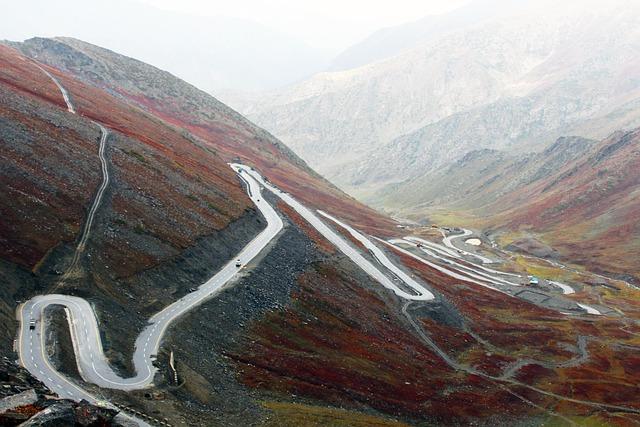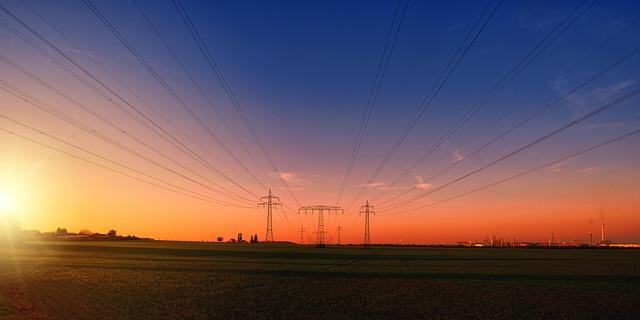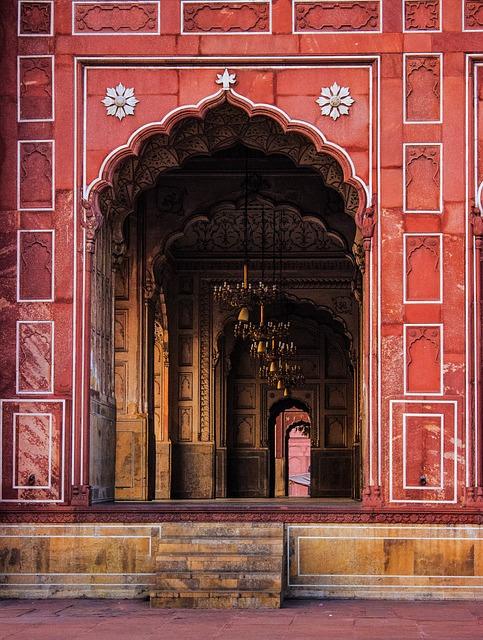In an era defined by shifting alliances and geopolitical complexities, Pakistan emerges as a pivotal player on the global stage, weaving its narrative into the intricate tapestry of modern international relations. Often viewed through the dual lens of challenge and opportunity, Pakistan’s historical and strategic significance has shaped not only its own destiny but also the dynamics of regional and global politics. From its multifaceted relationships with neighboring giants to its engagement in multinational forums, the country’s actions resonate far beyond its borders. This article delves into the myriad ways Pakistan has carved its niche in the landscape of contemporary diplomacy, exploring its role as both a stabilizing force and a contentious actor in an increasingly interconnected world. As we unravel the threads of Pakistan’s foreign policy, we uncover the complexities that define its interactions with other nations and examine how these relationships influence the broader trajectory of international affairs.
Pakistans Strategic Geopolitical Position and Its Global Implications
Pakistan’s geographical location at the crossroads of South Asia, Central Asia, and the Middle East bestows upon it a unique strategic importance that resonates deeply in global geopolitical dynamics. Its proximity to China, India, and Iran places Pakistan in a pivotal role within major regional initiatives such as the China-Pakistan Economic Corridor (CPEC) and the Belt and Road Initiative (BRI). Through these avenues, Pakistan is not only enhancing its own economic development but also facilitating a nexus of trade and connectivity that could redefine regional partnerships. Key factors contributing to this strategic position include:
- Geographical Connectivity: Links to vital trade routes connecting Asia and Europe.
- Military Partnerships: Alliances, particularly with the United States and China, fostering regional stability.
- Energy Corridor Opportunities: Potential hub for energy supplies, vital for South Asia’s growing needs.
However, with these advantages come significant challenges that Pakistan must navigate. The ongoing tensions with India, particularly concerning Kashmir, and the complexities of its relationship with Afghanistan and the Taliban influence not only domestic stability but also regional security frameworks. The international community, including organizations like the UN and SAARC, closely monitors Pakistan’s actions, keenly aware of their implications on global peace and stability. The current international discourse reflects this intricate balance:
| Factor | Global Implication |
|---|---|
| Geopolitical Alliances | Shaping power dynamics in South Asia and beyond. |
| Economic Initiatives | Influencing global trade routes and economic growth. |
| Regional Security Issues | Impacting global counter-terrorism strategies. |

The Interplay of Regional Conflicts: Pakistans Diplomatic Maneuvering
Pakistan’s diplomatic efforts are characterized by a strategic balancing act in a region marked by enduring conflicts and shifting alliances. It has played a pivotal role in mediating tensions among neighboring countries, particularly India and Afghanistan. With its geographic position, Pakistan has sought to leverage relationships with both traditional allies, such as China and Russia, while also attempting to engage constructively with Western powers. This has involved:
- Facilitating dialogue between conflicting nations to promote peace initiatives.
- Participating in regional organizations to enhance multilateral cooperation.
- Utilizing economic partnerships as tools for diplomacy, particularly through projects like the China-Pakistan Economic Corridor (CPEC).
This multifaceted approach reflects Pakistan’s desire to not only assert its influence in the region but also to secure its national interests amidst complex geopolitical realities. The country’s ability to navigate these turbulent waters has led to its recognition as a key player in modern international relations, especially in light of the recent shifts in alliances and power dynamics. By engaging with various stakeholders, Pakistan showcases its adaptability, which is crucial in:
| Key Strategies | Objectives |
|---|---|
| Dialogue and Negotiation | Conflict resolution |
| Strategic Partnerships | Economic growth |
| Regional Cooperation | Security enhancement |

Economic Initiatives and Trade Partnerships: Enhancing Pakistans Global Standing
In a rapidly changing global landscape, Pakistan is leveraging strategic economic initiatives to bolster its international standing. By fostering inclusive economic growth and pursuing sustainable development, the country is setting the stage for deeper trade connections. Key partnerships with regional and global powers not only enhance trade volumes but also facilitate technology transfer and investment inflows. Initiatives such as the China-Pakistan Economic Corridor (CPEC) serve as a conduit for infrastructure development, linking Pakistan with vital trade routes and opening avenues for collaboration in various sectors.
Moreover, Pakistan is actively seeking diverse trade partnerships to diversify its economy and reduce dependency on traditional markets. This approach involves negotiating bilateral trade agreements that focus on a range of products and services, fostering goodwill and economic interdependence. Highlighting sectors ripe for collaboration, the following areas are of particular interest:
- Agriculture – Enhancing food security through cooperation.
- Information Technology – Establishing tech hubs for innovation.
- Textiles – Strengthening the value chain from production to retail.
Through these initiatives, Pakistan not only enhances its economic landscape but also strengthens its diplomatic ties, paving the way for a robust presence in global affairs.

Soft Power Dynamics: Leveraging Culture and Humanitarianism in International Relations
In the intricate web of modern international relations, cultural diplomacy has emerged as a vital tool for countries, with Pakistan being no exception. By celebrating and sharing its rich cultural heritage—from the traditional arts of calligraphy and music to the culinary diversity of its regions—Pakistan actively fosters international goodwill. This cultural outreach serves not just as a means of national pride, but as a strategic vehicle to enhance bilateral ties, enabling Pakistan to assert its influence on the global stage. Key initiatives, such as cultural exchanges, international festivals, and collaborative arts programs, help create a narrative that transcends mere political dialogues, allowing Pakistan to present itself as a vibrant participant in the global community.
Moreover, humanitarian efforts are intricately woven into Pakistan’s soft power strategy, showcasing its commitment to global welfare and solidarity. Through disaster relief initiatives and development aid programs, Pakistan demonstrates its capacity as a responsible member of the international community. Noteworthy is the Pakistan Red Crescent Society, which has actively engaged in relief efforts during natural calamities and crises, thereby amplifying Pakistan’s image as a nation that cares beyond its borders. The following table illustrates key humanitarian efforts and their impact:
| Effort | Description | Global Impact |
|---|---|---|
| Disaster Relief | Emergency response to earthquakes, floods, and health crises. | Strengthened ties with international NGOs and affected nations. |
| Healthcare Initiatives | Medical assistance in conflict zones and post-disaster areas. | Improved health outcomes and goodwill among local populations. |
| Educational Programs | Scholarships for students from impoverished regions. | Fostering future leaders with a global perspective. |
To Conclude
Pakistan’s evolving role in shaping modern international relations presents a compelling narrative of resilience, complexity, and strategic significance. As the nation navigates the intricate web of global diplomacy, its alliances, challenges, and contributions serve as a testament to its capacity to influence regional dynamics and beyond. Through its rich historical context, Pakistan emerges not merely as a passive player but as a proactive architect of its foreign relations, skillfully balancing national interests with global imperatives.
As we move further into an era marked by shifting power dynamics and emerging geopolitical challenges, Pakistan’s ability to adapt and respond will continue to be pivotal. The trajectory it charts in the coming years will not only reflect its own aspirations but also resonate within the larger framework of international cooperation and conflict resolution. Understanding this role offers valuable insights into the patterns of contemporary geopolitics and the critical interconnections that define our world today.
Thus, the story of Pakistan in the realm of international relations is far from over; it is a dynamic tale still unfolding, rich with potential and marked by the promise of progress on both the domestic and global fronts.



